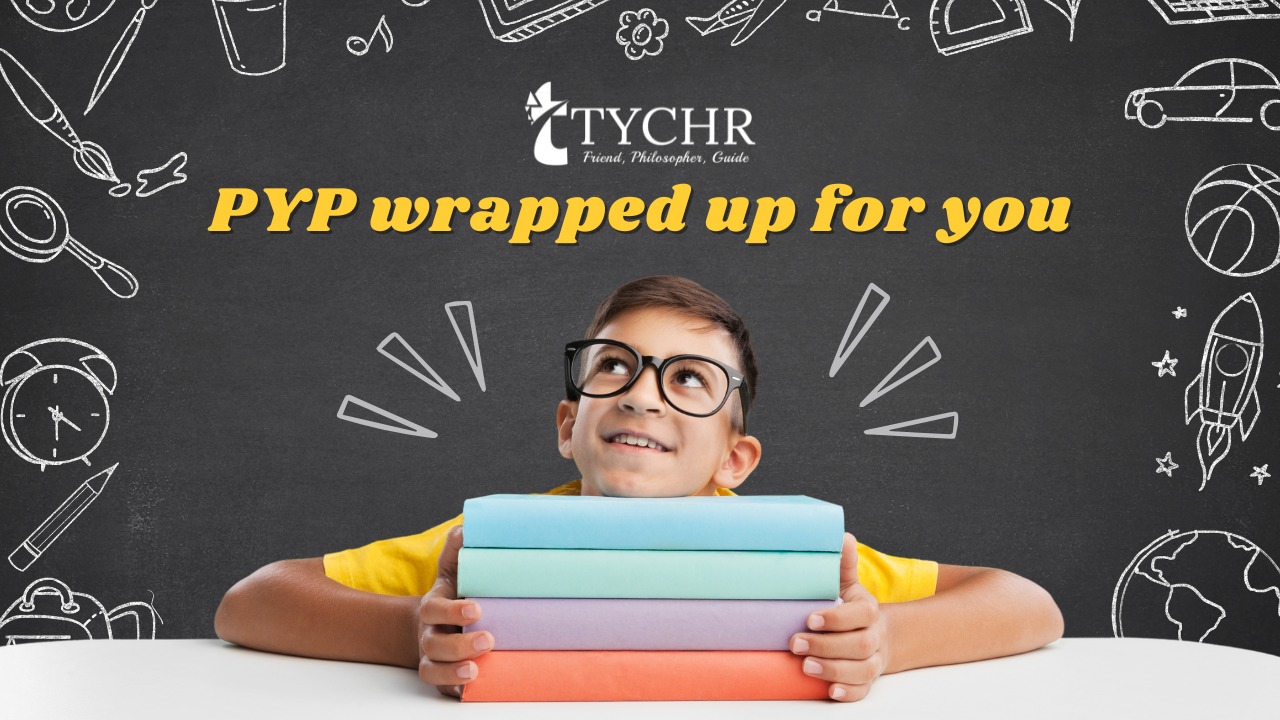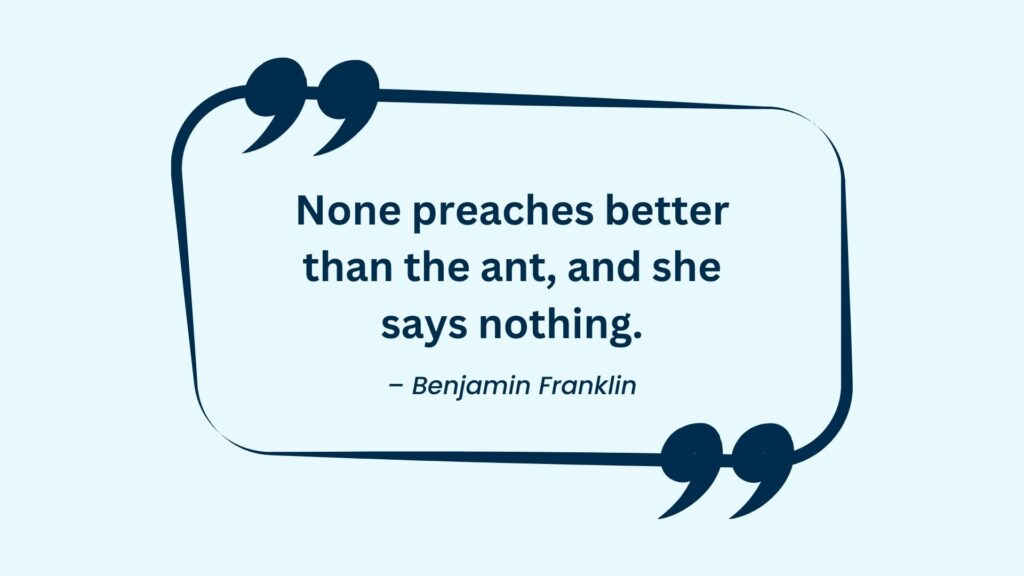Table of Contents
The Primary Years Programme (PYP), an integral part of the International Baccalaureate (IB) framework. The PYP is a learner-centered educational program designed for students aged 3 to 12, providing a solid foundation for their academic, personal, and social growth. In this article, we will delve into the key components of the PYP, its curriculum, and its significance in fostering holistic development in young learners.
Explaining the PYP Curriculum
The PYP curriculum is structured around six transdisciplinary themes, which provide a framework for exploration across subject areas and foster connections to the real world. These themes form the foundation for interdisciplinary learning, allowing students to make connections between different subjects and engage in authentic, real-world inquiries. Let’s take a closer look at each of these Unit of Inquiries and the concepts explored within them
Who We Are
Have you ever taken a moment to ponder the incredible uniqueness that makes you who you are? Well, get ready to embark on a thrilling journey of self-discovery in the fascinating world of the PYP! In this captivating theme, we delve deep into the mysteries of our own identities, beliefs, and values. We celebrate the colorful tapestry of diversity that surrounds us and explore the rights and responsibilities we carry as members of our incredible community. So, are you ready to peel back the layers and unleash the awesomeness that resides within you?
Where We Are in Place and Time
Imagine taking a leap through time, unraveling the secrets of our past, present, and even catching glimpses of the future! In this mind-bending theme, we embark on a grand adventure to understand where we fit into the grand tapestry of history, geography, and culture. We’ll unlock the stories of ancient civilizations, grasp the significance of momentous events, and explore the diverse landscapes that shape our world. So, fasten your seatbelts, for we’re about to embark on an exhilarating journey through time and space!
How We Express Ourselves
What’s your superpower? Is it painting, singing, or perhaps crafting the perfect TikTok video? In this theme, we celebrate the amazing ways we express ourselves. From art and music to language and technology, we’ll explore diverse forms of expression and discover the joy of sharing our thoughts, ideas, and emotions with the world. Whether it’s through the strokes of a paintbrush, the melody of a heartfelt song, the power of language, or the magic of technology, we celebrate the boundless creativity that resides within us. So, grab your tools of expression and let your imagination soar as we dive into the endless possibilities of artistic exploration!
How the World Works
Why do apples fall from trees? How do animals adapt to their environments? In this exciting theme, we become curious scientists, uncovering the fascinating mysteries of the natural and human-made world. We’ll dig into the forces that shape our planet, explore ecosystems, and learn about the delicate balance between humans and the environment. Get ready for some mind-blowing discoveries and a whole lot of “aha” moments! From the flutter of a butterfly’s wings to the marvels of technological innovations, we’ll discover the wonders that surround us and nurture our sense of wonder and curiosity.
How We Organize Ourselves
Ever wondered how the complex gears of society mesh together to create the world we inhabit? In this eye-opening theme, we embark on a quest to understand the intricate web of human-made systems and communities. We’ll peel back the layers of governance, economics, sustainability, and social responsibility to uncover the threads that hold our societies together. With each revelation, we’ll gain a deeper understanding of our own role in shaping a harmonious and equitable world. So, join us as we unlock the secrets of societal organization and unleash the power of collective action!
Sharing the Planet
Can we save the world, one small step at a time? In this theme, we tackle the global challenge of sharing limited resources with other living beings. We’ll explore the importance of fairness, sustainability, and taking action to create a more harmonious world. We delve into the complexities of interdependence, uncover the far-reaching consequences of our actions, and explore ways to foster a more inclusive and equitable world. Together, we’ll ignite the spark of change, cultivating a sense of empathy and responsibility as we work hand in hand to create a brighter future for all.
These transdisciplinary themes form the foundation for interdisciplinary learning, allowing students to make connections between different subjects and engage in authentic, real-world inquiries. The PYP curriculum emphasizes the development of essential concepts and skills across subject areas, nurturing students’ intellectual curiosity and understanding of their place in the world.
The PYP curriculum also integrates the six subject areas, ensuring a balanced and comprehensive educational experience. These subject areas are
- Language Developing effective communication skills in multiple languages.
- Mathematics Building a strong foundation in mathematical concepts and problem-solving.
- Science Cultivating scientific inquiry skills and understanding of the natural world.
- Social Studies Exploring human societies, cultures, and the interconnectedness of individuals and communities.
- Arts Encouraging creativity and self-expression through visual arts, music, drama, and dance.
- Personal, Social, and Physical Education Promoting personal development, social skills, and physical well-being.
Through this interdisciplinary approach, the PYP nurtures a deep understanding of concepts, encourages critical thinking, and fosters the development of essential skills that students will carry with them throughout their educational journey.
Understanding the Lines of Inquiry and the Central Idea for a Unit of Inquiry
In the Primary Years Programme (PYP), each Unit of Inquiry (UOI) revolves around a central idea, which serves as the main concept or theme for exploration. The central idea is carefully crafted to engage students and provide a focus for their inquiries. It encapsulates the overarching concepts and understandings that students will explore throughout the unit.
Accompanying the central idea are lines of inquiry, which are subtopics that guide students’ exploration and investigation within the UOI. These lines of inquiry provide a framework for organizing students’ thinking and help them delve deeper into specific aspects of the central idea. They allow students to make connections between different subject areas and engage in a transdisciplinary approach to learning. Here are a few examples of central ideas & lines of inquiry for different UOIs, highlighting their relevance and connections to the real world
Unit of Inquiry
“Sharing the Planet”
Central Idea
Biodiversity is essential for the balance and sustainability of life on Earth.
Lines of Inquiry
- The importance of different species in an ecosystem (Science)
- Human impact on biodiversity (Social Studies, Environmental Studies)
- Actions to conserve and protect biodiversity (Social Responsibility)
Unit of Inquiry
“How We Organize Ourselves”
Central Idea
Systems and organizations impact individuals and societies.
Lines of Inquiry
- Different types of systems (Political Science, Economics)
- The roles and responsibilities of individuals within systems (Social Studies)
- How systems respond to change and adapt (Social Sciences)
Unit of Inquiry
“Who We Are”
Central Idea
Our personal identities shape our perspectives and interactions with others.
Lines of Inquiry
- Cultural beliefs, values, and traditions (Social Studies, Anthropology)
- Factors that shape personal identity (Psychology, Social Sciences)
- Promoting respect and understanding of diverse identities (Social Emotional Learning)
Assessment in the PYP
- Formative assessment is an ongoing process that occurs throughout the learning journey. It includes teacher observations, student reflections, and peer feedback. Teachers closely monitor students’ progress, provide constructive feedback, and guide their learning based on individual needs. Students engage in self-reflection, assessing their own understanding and identifying areas for growth. Peer feedback allows students to learn from and support one another.
- Summative assessment takes place at the end of a unit or learning cycle to evaluate students’ overall understanding and achievement. It may involve project presentations, performances, or portfolios showcasing students’ learning outcomes. Summative assessments provide opportunities for students to demonstrate their understanding and apply their knowledge and skills in authentic contexts.
How PYP helped my transition to the MYP?
What sets the PYP apart is its unwavering commitment to fostering inquiry-based learning. This approach has not only ignited my curiosity but also empowered me to become an active participant in my own education. From a young age, I was encouraged to ask questions, seek answers, and explore topics that genuinely sparked my interest. The skills of inquiry, critical thinking, and research that I developed during the PYP have continued to serve me well as I navigate the interdisciplinary nature of the MYP.
As I transitioned into the MYP, I quickly realized the immense value of the PYP’s inquiry-driven approach. The ability to make connections across different subjects and apply my knowledge in meaningful ways has been a game-changer. The MYP encourages us to explore complex issues from multiple perspectives, and I find myself drawing upon the foundations of inquiry that were nurtured in the PYP. The seamless integration of knowledge and the opportunity to engage with real-world contexts have truly enriched my educational experience.
Don’t lose sight of the fact that you are bringing your own experience into your PYP classroom and that you are the greatest resource for the students. The rest will come to you, I promise. The IB PYP can, understandably, seem overwhelming to the uninitiated. There’s a lot to learn, particularly around the language to begin.











